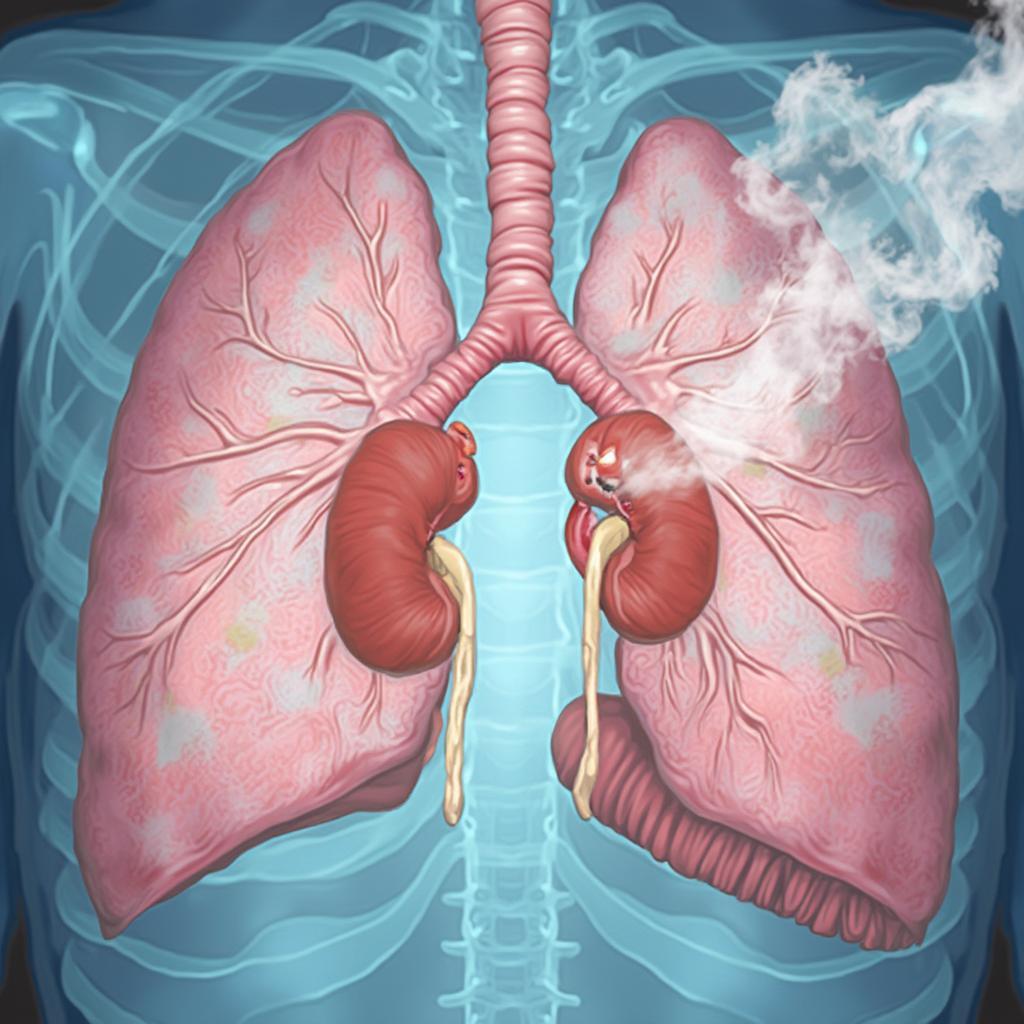Your cart is currently empty!

12 Tips to Take Care of Your Kidneys
Kidney health is crucial for overall well-being. These vital organs work tirelessly, filtering waste and excess fluid from your blood. Taking proactive steps to protect your kidneys can significantly reduce your risk of developing kidney disease. This article provides 12 practical tips to help you maintain healthy kidneys for years to come.
Hydrate Right for Healthy Kidneys
Drinking enough water is one of the simplest yet most effective ways to support kidney function. Water helps flush out toxins and waste products that can accumulate and damage the kidneys. Aim for at least 8 glasses of water a day, but adjust based on your activity level, climate, and individual needs. Remember, other fluids like tea and juice contribute to your daily intake, but water should be your primary source of hydration. Staying properly hydrated helps maintain optimal blood flow to the kidneys, allowing them to filter efficiently.
Manage Blood Pressure and Blood Sugar
High blood pressure and high blood sugar are two major risk factors for chronic kidney disease. Controlling these conditions through lifestyle changes, medication, and regular check-ups is vital for kidney health. Work closely with your doctor to develop a personalized plan to manage these conditions effectively. Even small improvements in blood pressure and blood sugar levels can make a significant difference in protecting your kidneys.
Maintain a Healthy Weight
Carrying excess weight puts extra strain on your kidneys. Maintaining a healthy weight through a balanced diet and regular exercise can significantly reduce this burden. A healthy weight also helps regulate blood pressure and blood sugar, further contributing to kidney health. Consider incorporating physical activity into your daily routine, even if it’s just a brisk walk or a short bike ride.
Eat a Kidney-Friendly Diet
A balanced diet rich in fruits, vegetables, and whole grains is essential for kidney health. Limit processed foods, red meat, and excessive salt intake. These dietary changes can help reduce the workload on your kidneys and prevent the buildup of harmful substances. Choosing lean protein sources like fish and poultry over red meat can also be beneficial.
Be Mindful of Over-the-Counter Medications
Certain over-the-counter pain relievers, such as nonsteroidal anti-inflammatory drugs (NSAIDs), can damage the kidneys if taken regularly or in high doses. Use these medications sparingly and consult your doctor before prolonged use. Consider alternative pain relief methods, such as heat or cold therapy, or explore other options with your physician.
Quit Smoking for Kidney Health
Smoking damages blood vessels, reducing blood flow to the kidneys and impairing their function. Quitting smoking is one of the best things you can do for your overall health, including your kidneys. There are numerous resources available to help you quit, including support groups, medications, and counseling.
 Quitting smoking to enhance kidney health and overall well-being
Quitting smoking to enhance kidney health and overall well-being
Limit Alcohol Consumption
Excessive alcohol consumption can also harm the kidneys. Moderate your alcohol intake to protect these vital organs. If you choose to drink alcohol, do so in moderation and within recommended guidelines.
Get Regular Kidney Function Tests
Regular kidney function tests, especially if you have risk factors like diabetes or high blood pressure, can help detect kidney problems early, when they are most treatable. Talk to your doctor about how often you should be tested. Early detection and intervention are crucial for managing kidney disease effectively.
Don’t Hold Your Pee
Regularly emptying your bladder prevents the buildup of urine and pressure, which can damage the kidneys over time. Listen to your body’s signals and make it a habit to use the restroom when needed.
Manage Stress Effectively
Chronic stress can contribute to various health issues, including kidney problems. Practice stress-management techniques like yoga, meditation, or deep breathing exercises to promote both mental and physical well-being.
Get Enough Sleep
Adequate sleep is essential for overall health, including kidney function. Aim for 7-8 hours of quality sleep each night to allow your body to repair and regenerate.
Consider a Kidney-Friendly Diet Plan
If you have existing kidney issues, consult a registered dietitian to create a personalized meal plan that supports your kidney health and addresses your specific dietary needs. A tailored plan can help you manage your condition effectively.
In conclusion, taking care of your kidneys is crucial for maintaining overall health and well-being. By incorporating these 12 tips into your lifestyle, you can significantly reduce your risk of developing kidney disease and enjoy a healthier, more vibrant life. Remember to consult your doctor for personalized advice and guidance on managing your kidney health.
FAQ
- How much water should I drink for healthy kidneys?
- What foods are good for kidney health?
- How can I tell if my kidneys are healthy?
- What are the signs of kidney disease?
- Can kidney disease be reversed?
- What are the treatment options for kidney disease?
- How can I prevent kidney stones?
For further information on pregnancy care, please refer to our article on 5 week pregnancy care tips. Additionally, we provide helpful car service tip to ensure your vehicle is maintained properly.
Need assistance with car diagnostics? Contact us via WhatsApp: +1(641)206-8880, Email: [email protected] or visit us at 456 Pine Avenue, Toronto, ON M5V 2J4, Canada. Our customer service team is available 24/7.

Leave a Reply